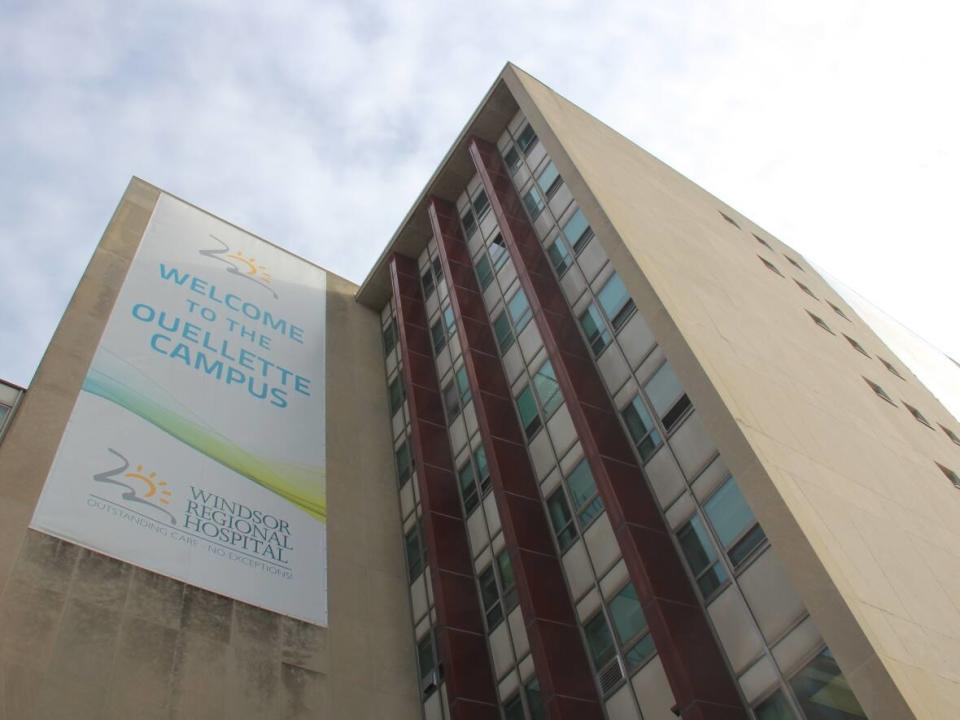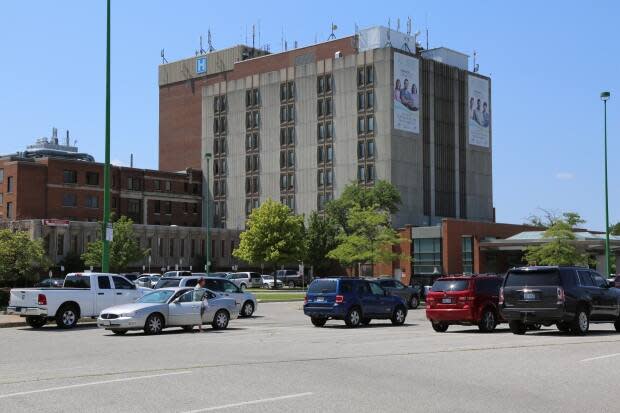Windsor hospital to work with provincial government to ease strain

Windsor Regional Hospital (WRH) is prepared to work with the Ontario government to implement its plans to ease the strain on the provincial health care system.
In a press conference, Ontario Health Minister Sylvia Jones outlined the province's five-point plan to improve the system. The plan includes hiring more healthcare workers, freeing up beds, and reducing wait lists for surgeries.
David Musyj, president and CEO of WRH, said once patients has received their acute care and can go into long-term care, they'll be placed in the first available long-term care (LTC) bed.
"They will still be on the list for their preferred choice but will free up an acute care bed for someone else needing one," Musyj said in a virtual press conference.
Musyj said WRH has 31 patients in an acute care bed who are waiting for an LTC bed. There are 19 patients in the hospital's emergency rooms who require an acute bed but cannot be placed in one due to a lack of capacity.
Musyj said 18 of the hospital's 60 additional acute care beds are not funded by the Ontario government, but needs the government to fund them.
"We cannot afford to close them," he said. "However, we also cannot financially afford to keep them open either. I am confident this will be resolved shortly as a result of today's announcements post-budget as well."

To try and make up for the long wait times, WRH has hired new grads, nursing students, internationally-educated nurses and cut part-time and temporary positions by turning them into full-time roles.
Despite the moves, Health Quality Ontario, a public health agency governed by a board appointed by the Minister of Health and Long-Term Care, lists both WRH campuses as having some of the longest average wait times in the province.
The Metropolitan Campus has the longest average wait time at 4.4 hours. Musyj said it does not have to do with staffing, but rather the flow of patients from acute care beds to LTC beds.
"We are, from my understanding, the only province that has not implemented this situation where a patient is placed in an available long term care bed while they wait for the preferred choice," said Musyj. "Our system here in Ontario has been that you wait in the acute care facility for your preferred choice."

In Jones' press conference, when asked why the province would not provide a larger wage increase as a result of Bill 124, she said there were other programs in place.
"It is important for us to remember that our government has acknowledged that this has been a very challenging time for nurses and health care workers generally through the pandemic," said Jones. "We have acknowledged that through the $5,000 nurse retention program. There are other programs in place that we are doing: the dedicated nurse offload program, for example, to assist in our emergency departments."

